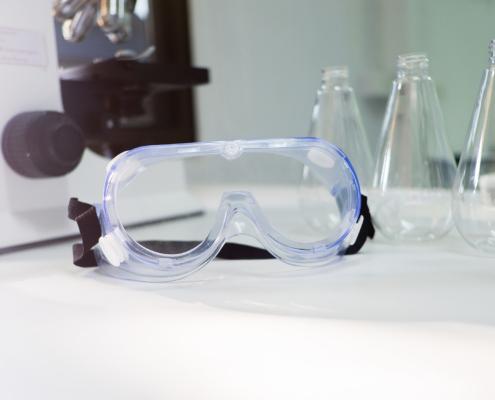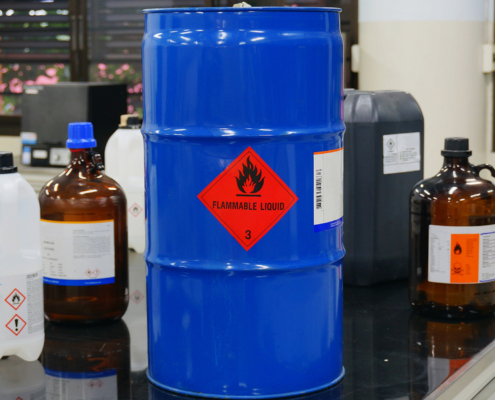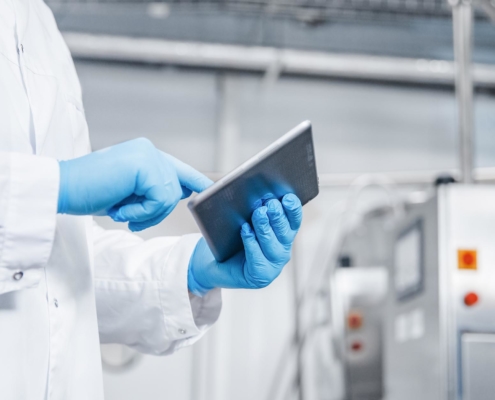
The Most Common Chemicals in Fertilizers and Pesticides
Even with the rise in organic farming, many farms continue to rely on chemical fertilizers and pesticides to help their crops flourish. But what exactly are these chemicals, and how do we protect ourselves from them? In this blog post, we will explore the different kinds, discuss the importance of staying safe when handling them, and provide helpful tips on how to do so. Get ready to learn more about the hidden chemicals lurking in your garden!
Common Types of Chemicals in Fertilizers and Pesticides
The most common chemical in these types of products is nitrogen, which helps promote plant growth and helps to protect against weeds and pests. Other chemical compounds used for growing plants or controlling pests include:
- Phosphates
- Potassium
- Sulfur
- Iron
- Zinc
- Copper
Pesticides also use two varieties of chemicals: insecticides and herbicides. Insecticides are used to kill or repel insects, while herbicides are used to control weeds and other unwanted plants. They contain substances like pyrethroids, organophosphates, carbamates and neonicotinoids.
When choosing fertilizers and pesticides, it is important to do your research and read the label carefully so you know exactly what you’re buying and how it will affect your plants. Be sure to look for products that are low in toxicity, as well as those that are designed specifically for the type of plant you’re trying to protect.
Safety Precautions When Handling Fertilizers and Pesticides
It’s important to remember that many of these chemicals are hazardous materials and must be handled with caution. It’s essential to wear protective gear such as:
- Gloves
- Goggles and masks
- Aprons
- Long pants
- Long-sleeved shirts
- Shoes with socks
It can be dangerous to mix different types of fertilizer or pesticides, so always follow the manufacturer’s instructions for safe use and storage. Keep the products in a cool, dry place away from sources of ignition. Avoid contact with skin or eyes, clean up any spills immediately, and dispose of unused products properly.
If you spill anything, clean it up immediately and dispose of it properly according to the directions on the label.
Do you need the proper equipment for the safe handling of fertilizers and pesticides? Axiom Products offers all the PPE required to stay protected.
The Environmental Impact of Chemical in Fertilizers and Pesticides
The improper use of fertilizers and pesticides can have a serious environmental impact as well. Fertilizer runoff can cause algal blooms in bodies of water, while pesticide residues can contaminate soil and groundwater sources with toxic chemicals.
To minimize potential negative effects on the environment, it’s best to take extra precautions when using these products. Avoid over-application and rely on organic methods, such as mulching or crop rotation, whenever possible. Never pour unused fertilizers or pesticides down a drain or into a water source such as a river, lake, or stream.
Handle Fertilizers and Pesticides Safely and Accurately With Axiom Products
When working with fertilizer and pesticide products, always keep safety first! Be sure to follow all labels instructions carefully including wearing protective gear when handling hazardous materials and proper storage of unused products. Consider exploring organic alternatives—not only will you spare yourself from potentially hazardous chemical compounds but you will also help preserve our environments by minimizing potential contamination from runoff or residue buildup.
Turn to Axiom Products’ line of chemical handling safety products to protect yourself when handling chemicals and fertilizers while relying on our reusable measuring products to mix and pour with precision.





